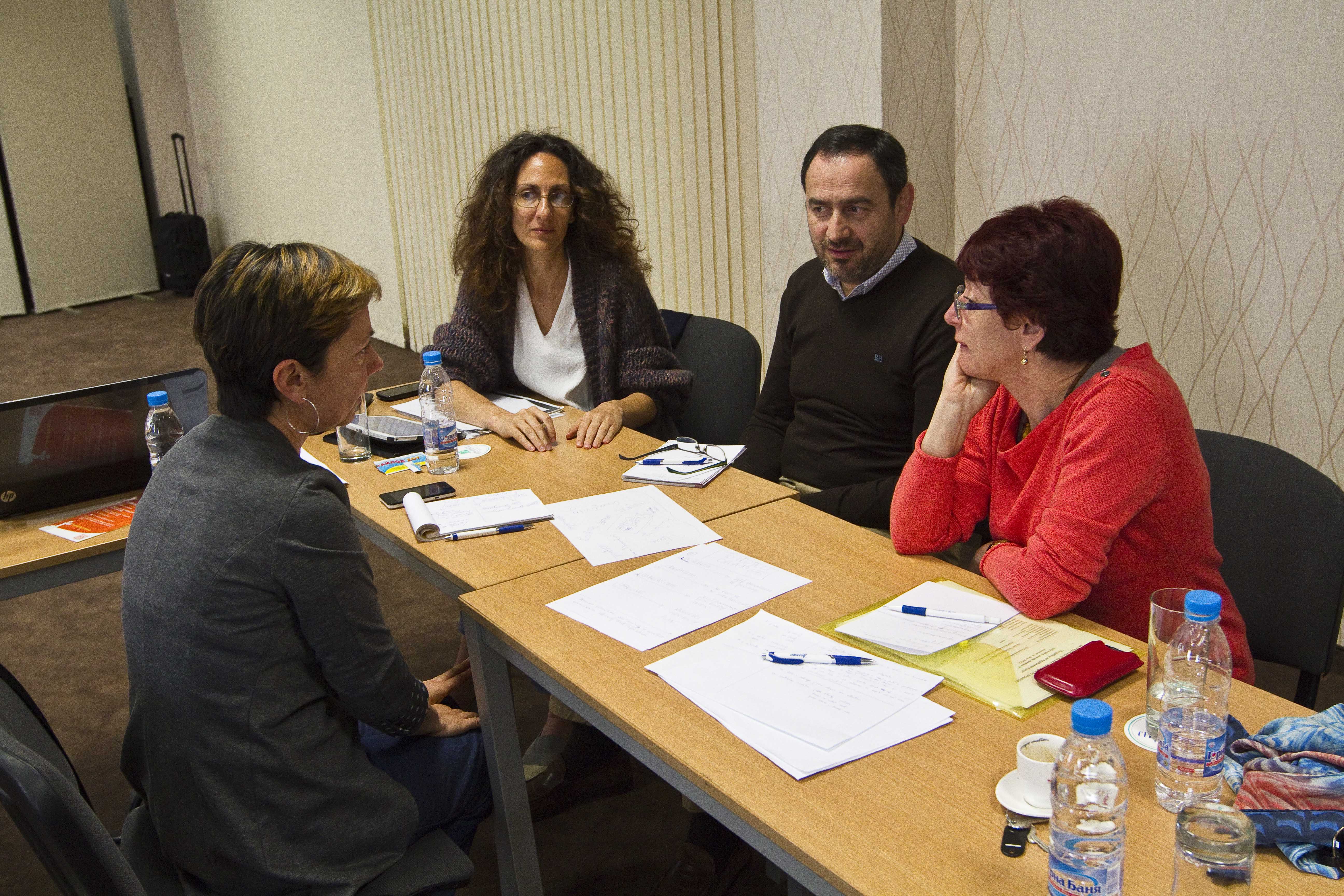COM_WORK. Exchanging practices for recognize and validate competences of social and educational professionals
2014-1-IT01-KA200-002490
CUP F85C14000310005
DRAFT THEORETICAL FRAMEWORK
Sommario
NEET: a status difficult to define. 3
From dissipation to enhancement of competences. 6
The concept of competence. 8
The learning results validation in the EU documents. 10
Instruments for the mobility and transparency of human capital 11
Allegato 1 – The Little Prince. 13
Com-Work is a Participatory Research Project that aims to contribute to progress and innovation in the domain of practices to promote social welfare.
The research focuses are all extremely dense and equally indispensable for each other:
– The acquired competences in informal and non-formal contexts by social professionals who carry out their professional activities in social and education fields;
– The NEET population, nowadays one of the main beneficiaries of the European Community resources and, in this research, the recipients also of professional services;
– The system of training and competence recognition, in continental terms, to ensure transparency and mobility to people.
These focuses of research will be object of analysis to achieve the main objective of the project that is to build the Learning Unit.
This first draft of the Theoretical Framework aims to narrow the field, problematize the issues and propose ideas and definitions to be shared within the working group of the COM WORK Project.
NEET: a status difficult to define
At the moment one of the priorities of the Member States and the European Union, to counter the systemic crisis and renew the social and economic model, is the fight against unemployment/inactivity in all its structural differences. The policies pursued by the European Union, to address the challenges posed by globalization and unemployment in the labour market of the European Union, are oriented to promote employment and training, considering growth not as an end in itself but as a tool to ensure the adequate social inclusion of citizens. In recent years social inclusion is at risk also, but not only, from a prolonged economic crisis that caused the increase in poverty in Europe and the consequent removal by the reduction targets set in the Europe 2020 strategy.
Youth unemployment is at very high levels and various factors affect the actual capability of young Europeans to access rights and achieve personal and professional autonomy. In an attempt to address this issue intervention programs have been built that include not only the employment component, but also the endorsement of capacity to develop their potential.
